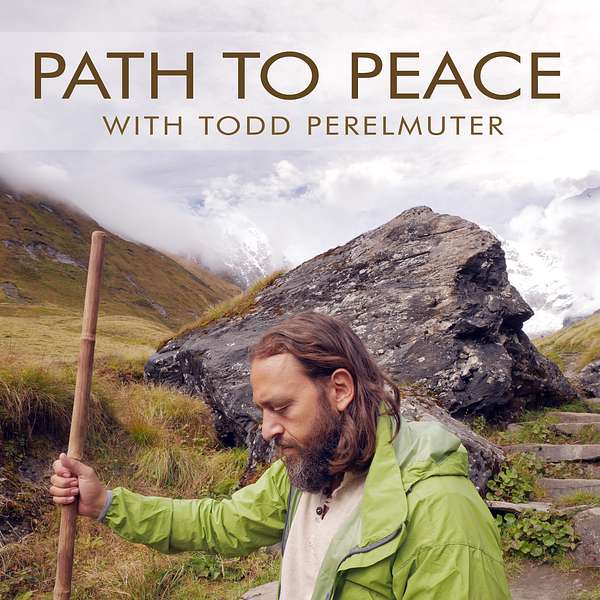
Path to Peace with Todd Perelmuter
Having seen so many around me suffering from stress, addiction, suicidal thoughts, anxiety and depression, I decided to embark upon a 9-year journey that would take me to over 35 countries living with and learning from shamans, gurus, monks and tribes. I studied 16 religions and spiritualities, ancient wisdom and modern science, and spent 50 days meditating in total solitude, all in an effort to discover the secrets to a peaceful mind.
If you’re ready to let go of your negative thoughts and the baggage that is weighing you down, if you’re ready for a life filled with joy, purpose and meaning, please join me on the Path to Peace with Todd Perelmuter.
Path to Peace with Todd Perelmuter
Why Do I Get Hurt When People Say Mean Things to Me?
If you're living and breathing, someone at some point in life will inevitably say something mean. Every single one of us has been hurt in some way, AND every one of us has probably accidentally said a mean word or two as well. It's human nature. Unless we live in a completely toxic-free society, we're going to be hurt and we're going to subconsciously and unintentionally pass that hurt on to others.
So, how do we break that chain of hurt? How do we transform that cruelty in the world into something more positive? How does that hurt happen in the first place and how can we stay present and joyful in the face of cruelty? I answer these questions and more in today's podcast.
Please enjoy other episodes where Todd shares meditation techniques, tips and spiritual lessons from around the world for peaceful and stress-free living. Remember to subscribe to stay up-to-date.
If you have enjoyed listening to the podcast, please share a review. It will help many others find their Path to Peace as well.
*****
If you ever feel like my words brought a change in your life, and want to show your SUPPORT for what I am doing, click here.
Find all of my BOOKS for wherever you are on your spiritual journey: https://www.eastwesticism.org/spiritual-meditation-books/
Want to gift a book to a prisoner? Go here.
